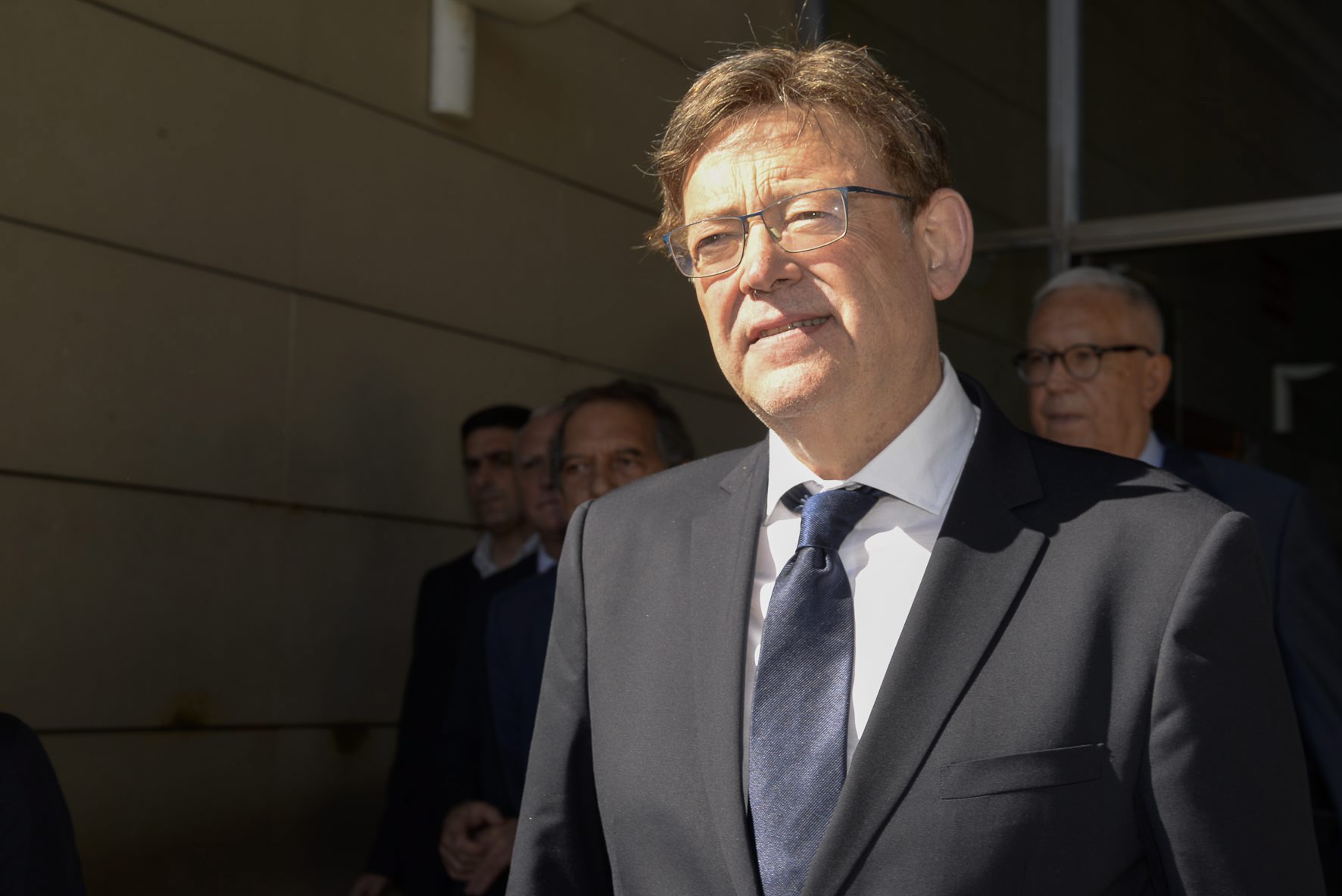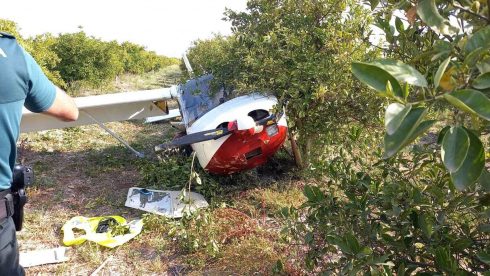THE Valencian regional government is hoping to relaunch its green agenda now that the COVID situation is stabilised.
Valencia was one of the first areas in Spain to declare a state of climate emergency in September 2019, with the aim of making environmental concerns the chief reference point for all government policy introduced during the current executive’s term of office.
However, the arrival of the coronavirus pandemic put all other considerations on hold – until now, with no major outbreaks reported and the vaccination campaign in full swing.
Regional president Ximo Puig announced in the Valencian Parliament last week that the Generalitat is now focussed on recovering the ecological road map approved two years ago, describing it as ‘our main duty this decade’.
Puig explained that the draft for the Climate Change and Environmental Transition Law is currently on public display before being passed through Parliament.
Among other points, the Law calls for a 40% cut in greenhouse gas emissions by the year 2030 and the use of 100% green energy sources in 2050 – an even more ambitious plan than the one approved for Spain as a whole.

In addition, the Valencian president revealed that the Circular Economy law is ‘taking its first steps’ and is also currently on public display.
Its aim is to reduce the amount of non-recyclable refuse generated by Valencian homes and businesses by 20%, eventually reaching 2035 with a mere 10% of rubbish going to landfill sites.
Thirdly, Puig highlighted the Generalitat decree currently being drawn up to boost renewable energy production by cutting red tape and making the installation of clean power sources faster and more efficient.
The goal, according to the Generalitat chief, is to generate up to 6,000 megawatts an hour of electricity through solar power, compared to the current 364, plus doubling the current amount of wind-powered energy to 4,000 megawatts/hour.
Local councils throughout the Valencia Region have begun receiving funds for projects to combat climate change, with €2.7 million assigned last year and another €4.5 million budgeted for this year.
Watering systems for crops will also be overhauled and improved to reduce wastage, while a series of investments have been carried out in public infrastructures such as the regional rail system to prevent the emission of 150,000 tonnes of polluting gases into the atmosphere.
READ MORE:
Click here to read more Environment News from The Olive Press.








